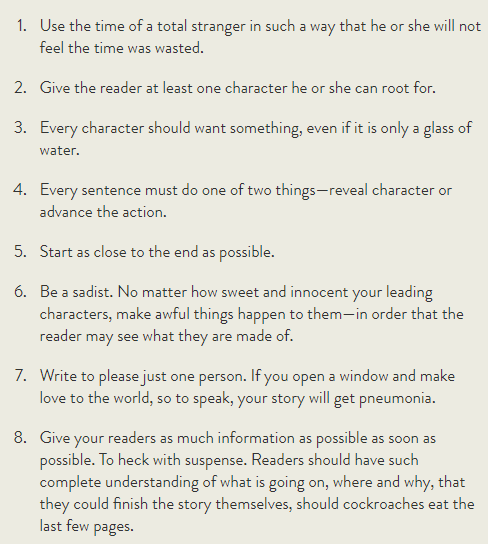A Death in Hyperspace by many people
This game’s list of author’s includes every published Choice of Games author who has been nominated for a Nebula Award, which is pretty neat.
This is a real-timed murder mystery. You are a sentient AI running a ship, named Pearl (both the AI and the ship, who are one). You have blacked out for 10 minutes during a jump into hyperspace, only to discover that your captain is dead.
You are ready to investigate, but there is an issue: hyperspace can cause hallucinations of distorted realities. Without some kind of consensus of the beings on the ship, reality could be stuck forever; with consensus, it could be permanently altered (or at least resolve into one or more paths).
Gameplay consists of moving from room to room, interviewing suspects and picking up pieces of evidence. Almost everyone gets the same set of questions.
You have a murderboard where you can adjust your suspicion of others between Low, Medium, and High. Once you adjust it to high or accuse someone, the game ends and you get an ending.
Here’s what I liked and what I struggled with:
Likes
-The variety in characters was nice. That’s probably the best part of having this many authors. While all characters had different backstories, I liked Primus’s story (my first ending), and Ceri’s was completely bizarre (does she exist in the same reality as anyone else? is she real???)
-The interface was smooth, and I found few bugs (only one I can remember is a stray close-bracket at the bottom of one ending)
-The game is relatively short and easy to replay
Things I struggled with
-Having the same conversation options with everyone was really hampering, especially as they weren’t ‘really’ choices, in a way. The game said not to anger anyone, but your choices or ‘do thing’ or ‘do thing in a rude way’. It feels like playing a game where the options are ‘sword that does 5 damage to enemies’ or ‘sword that does 5 damage to players’. So it really felt like I had one choice at a time when talking to characters, and those choices were all the same, making them feel less individualistic. Maybe that’s the way the writing was done? (sending out a spreadsheet with a list of the same murder-related questions to everyone and asking them to create a character and their responses to those questions), but I think it would have been neater to have questions tailored to those individual characters, especially when they had obviously interesting or suspicious behavior you can’t follow up on.
-I’m not sure why we can set Low, Mid, or High suspicion levels, since you can only up a level when you get more evidence and the murderboard already tells you how much evidence you have.
-The nature of the endings means that there’s not necessarily a canon (outside of one special ending). I teach a class called Theory of Knowledge, and we do murder mysteries each year that students right, then discuss means of obtaining knowledge, perspective, and ethics. We just performed this year’s mysteries today, actually! But the first time we did this, one student wrote a table top murder game where the murderer was chosen by dice roll, but nothing changed about the evidence. The other students were outraged by this (despite liking the rest of the mystery) because it took away agency and made the knowledge obtained earlier unreliable and useless That’s kind of how I felt about the alternate endings.
-The timer didn’t work well for me. At first I felt rushed to hurry, but I got enough evidence for an ending in 10 minutes, so I felt bad for not giving the game as much attention as it asked for.
Overall, this game was fun. I noticed the download was just a redirect; I hope some version of it is stored in the IFarchive, because it would be nice to preserve it for future generations (and also because IFComp is about making games that are freely available forever); and there’s nothing preventing it from being downloadable from the site it’s hosted on, I was able to save a local copy and run it just fine.
The thing I’ll probably remember longest is Ceri, as she’s still a mystery to me.
